Research team:
Soil biodiversity plays a crucial role in numerous ecological processes that sustain terrestrial ecosystems. However, our understanding of biodiversity has mostly been limited to aboveground organisms, leaving soil biodiversity – which constitutes up to 25% of the total biodiversity on Earth – largely underexplored. In response, international efforts are underway to address the lack of knowledge and to promote the conservation and sustainable use of soil biodiversity. The diversity of arthropods in soil, mostly composed of tiny Acari, Collembolan, Coleoptera and Diptera, has been particularly challenging to study due to methodological and logistical limitations inherent to their small size, high abundance and diversity and their often cryptic morphological variation.
However, recent advances in high-throughput sequencing technology provide a tool to bridge this gap. The EdAFoBio project aims to implement haplotype-level whole organism community DNA (wocDNA) metabarcoding to study the biogeographical patterns and eco-evolutionary processes that determine community assembly of soil arthropods across forest biomes and biogeographical regions. EdAFoBio builds upon more than a decade of technical and methodological improvements in the implementation of wocDNA metabarcoding to the study of soil arthropods, where the PI and close collaborators were instrumental. Within EdAFoBio, we aim to improve these procedures. We will develop the EdAFoBio data acquisition module, including scalable protocols from field sampling to bioinformatics processing. In addition, we will improve and validate using mock communities the metaMATE software, a fundamental tool to obtain reliable haplotype-level data.
These improved procedures will be used to generate haplotype-level data from a geographically explicit sampling across four of the main forest biomes, including those widely distributed in Spain and Europe, named: (i) Mediterranean forest, woodland and scrubs, (ii) temperate broadleaf and mixed forest, (iii) boreal forest, and (iv) tropical and subtropical moist broadleaf forest. In total, 1780 superficial and deep soil will be metabarcoded, and the data generated will contribute to our understanding of soil biodiversity by quantifying the magnitude, structure, and processes driving diversity at multiple scales, from local to global. Within the project EdAFoBio we will test the generality of the reduced local scale of diversification of soil arthropods in forest biomes worldwide, estimate the strength of the area-species richness relationship, and report biogeographical patterns at a wider geographical scale across continents and biogeographic regions.
Finally, the project will study the current magnitude and biogeographical patterns of soil arthropod introduction in different forest biomes and geographic regions. Overall, the EdAFoBio project represents a highly innovative and multidisciplinary effort to contribute to some of the main basic knowledge gaps and questions related to soil biodiversity, such as how the biodiversity of soil arthropods is structured across space in forest habitats, how much biodiversity is being lost due to forest destruction, and how human mobility and global trade have affected the introduction of alien species in forest ecosystems.
©Todos los derechos reservados
Diseño de página web por